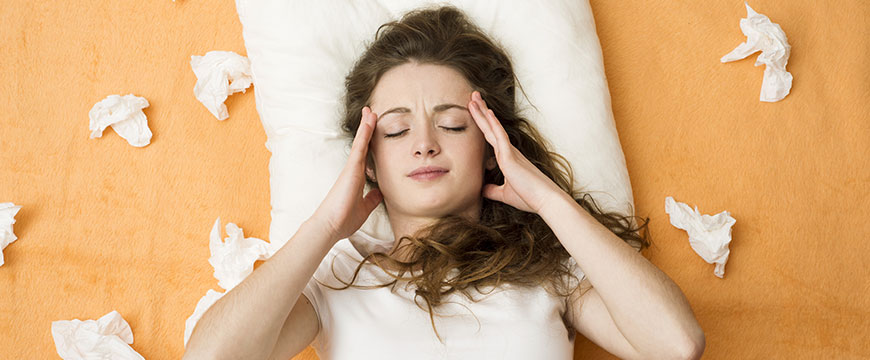An allergic reaction in a child may be hard to pick as most allergies have the same symptoms as common childhood ailments. An allergy is an immune system reaction to an allergen producing antibodies. Your child is still young and sensitive, its important that before you give any medication, take the child to the allergy clinic and let the allergy doctor check and diagnose the severity of the allergy.
Common Allergens
- Food such as cow milk, eggs, fish, soy and wheat, and nuts
- Drugs
- Insect and dust mites
- Pet Fur and Pollen
- Mold and animal dander
Signs that your Child Has Food Allergies
- Painful stomach and coughing
- Diarrhea and vomiting
- Nausea and Rashes
- Runny and stuffy nose
- Tightness and trouble breathing
If you notice any of the above signs immediately take your child to the allergy physician as food allergies may become severe. Food allergies have no cure and its important that you identify the food that causes the allergy and avoids it. With time most children outgrow the allergies.
Seasonal Allergies
Seasonal allergies worsen during certain times of the year. Pollen from trees and plants is one of the major triggers of seasonal allergy.
Common Signs of Seasonal Allergies
- Sneezing and watery eyes
- Itchy nose and stuffy nose
Common Seasonal Allergy Triggers
- Tree pollen and insect bites
- Pet fur and dust mites
- Cigarette smoke, perfumes, and car exhaust fumes
Natural remedies to Counter Allergies in Children
- Keep pets out of your home or invest in a pet that will not cause allergies such as fish
- Change air ducts to ensure there is fresh air in the house
- Sweep and vacuum your house often. Make sure the baby is not in the house during vacuuming
- Freeze toys in the freezer to kill dust mites. Put the toys in a sealable plastic bag and place them in a freezer for 5 hours once per week.
- Avoid using vaporizers and humidifiers to avoid mold and dust mites
- Use allergen-proof mattress covers for the baby’s bed to avoid any allergens
- Avoid wall to wall carpets as they harbor a lot of dust
- Avoid foods that cause allergies. Before you stop giving your child a certain type of food make sure you consult the allergy physician on the food supplement to give your child. Breastfeed your child for the first six months. Avoid eating foods that cause allergy to make sure your child is comfortable. When nursing uses a hypoallergenic formula to ensure that your child doesn’t develop an allergy.
- Make sure there is no smoke in your home
The above simple tips will help minimize allergy symptoms and will help keep your children happy despite having allergies.
Signs that your Child has Allergies and not the common cold
The symptoms of the common cold and allergies are almost the same and it may be hard to tell them apart. In this section, we detail sign that your child has allergies and not the common cold.
Persistent thin watery discharge is a sign of allergies. A running nose with cloudy discharge and fever is a sign your child has a cold.
Difficulty in breathing resulting from anaphylaxis is a sign of severe allergic reaction.
Wheezing can result from asthma, allergens, and viruses also cause a dry cough which progresses to wheezing. If you notice the above take your child to an asthma doctor for a check-up.
Babies rubbing their eyes more frequently. Allergies cause the eyes to itch more persistently, tearing excessively and become irritable
Developing eczema in baby’s skin is one of the signs of the allergy. Eczema causes red, scaly. oozing rashes on baby’s skin. If you notice Dry and itchy patches of skin around the neck, wrist, and elbows that is a sign of the onset of allergies.
Change in behavior of a child could indicate the onset of allergies. General discomfort and unhappiness could be a sign your child has allergies.
Help your child feel more comfortable by making it easier for them to cope with allergies. Make sure their rooms are allergen free. Take them out when the pollen levels are low. Train and help the child understand their allergy situation as they grow up. Make sure you consult the allergist Manassas before using any home remedy and be keen on the child as they use the home remedy to ensure their situation is improving.
